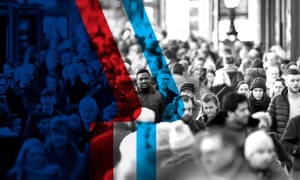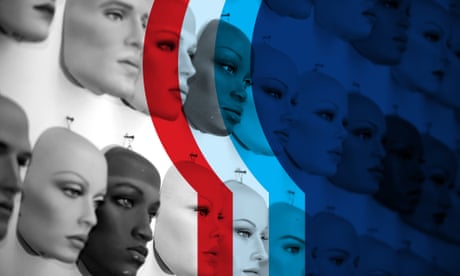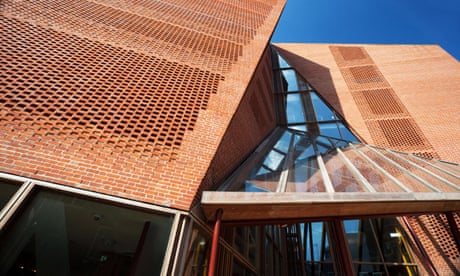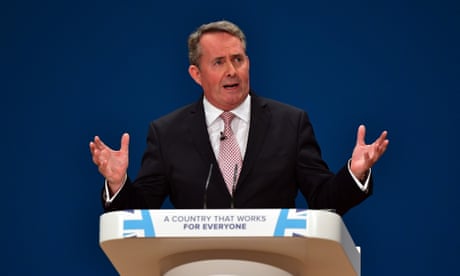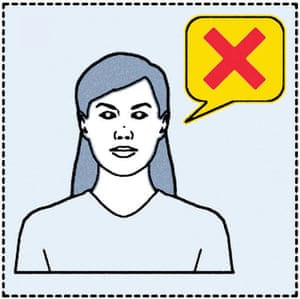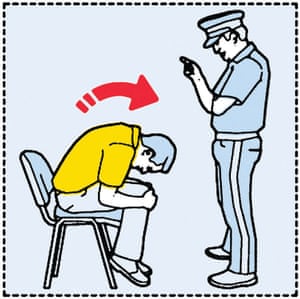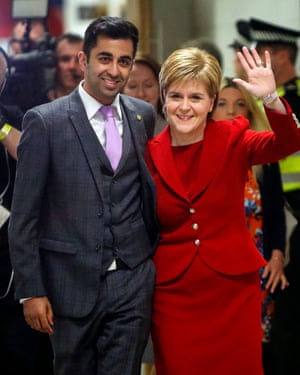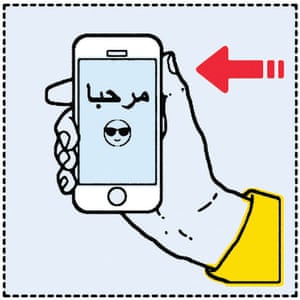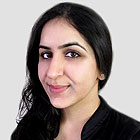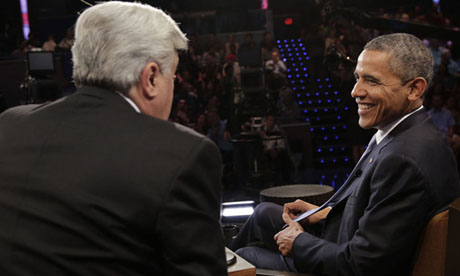
Jay Leno talks with President Barack Obama during a commercial break on 6 August 2013. Photograph: Paul Drinkwater/NBC/Getty Images
I was watching President Obama employ his devilish charisma, in routine fashion, on The Tonight Show with
Jay Leno in early August. The banter dissipated as the interview took a more serious turn to embassy closures, Edward Snowden and, finally, Russia. Obama condemned President Vladimir Putin for Russia's recent "homosexual propaganda" bill saying:
"When it comes to universal rights, when it comes to people's basic freedoms, whether you are discriminating on the basis of race,
religion, gender or sexual orientation, you are violating the basic morality that should transcend every country."
I was left rattled by the president's statement. Obama, who made history last year when
he expressed his support for same-sex marriage, was comfortably unabashed in impugning Russian leadership on the reprehensible policy, as he should have been. But as a Muslim American, neither the irony nor the hypocrisy of his statement, championing "universal rights", was lost on me.
As we've witnessed time and time again domestically, most recently with the
Associated Press revelation that the NYPD designated Muslim houses of worship and community centers as terrorist organizations, the
United States is no stranger to legalizing discrimination. In the elusive pursuit of true equality, President Obama has made considerable and long overdue progress in securing the rights of the LGBT community. But he in no way can tout the badge of "basic morality" until he acknowledges that many Americans are being confronted with institutionalized discrimination in every tier of the government hierarchy. Racism, Islamophobia and prejudice run amok in our society, but when discriminatory practice is etched into law, it harkens back to a sinister time in our nation's history.
Regrettably, branding mosques as terrorist enterprises doesn't exactly move the needle given the NYPD's history of targeted surveillance and monitoring of the region's Muslim community. Invidious policy and religious profiling are not confined to the NYPD either. This is just the latest in a mounting string of offenses by government agencies against Muslim Americans. The FBI maintains an intimidatingly lengthy catalog of 15,000 spies, three times as many as there were 25 years ago. In a post 9/11 climate many of them operate as informants in mosques throughout the nation. The mosque that I grew up attending in Irvine, California, was infiltrated by one such informant, who worked so hard to plant seeds of violence and terrorism in the minds of its congregants that members of the mosque immediately reported him.
"Geo-mapping", the FBI's purported tactical crime fighting tool, was
exposed as a covert mapping program to track and monitor Muslim communities engaging in constitutionally protected activity, without any suspicion of crime. Leaked FBI training materials have also cemented what we already know – the agency religiously profiles Muslims,
instructing its agents that "mainstream" Muslims are terrorist sympathizers and the Muslim practice of giving charity is a cover for funding "combat".
It doesn't end there. Seven states have
passed anti-Shariah legislation, redundant and extraneous laws that explicitly prohibit the use of foreign law in American courts, as already established by our nation's constitution. The bills passed in these states, most recently North Carolina, alienate the Muslim community and unfairly paint them as adherents of an archaic, anti-Western system, playing up longstanding stereotypes and stoking fears. Open-ended guidelines for Homeland Security initiatives, like the Suspicious Activity Reporting program,
give credence to the subjective biases of citizens and law enforcement alike, allowing for religious profiling when dubbing something as "suspicious". And that is apart from the FBI Watch List and the TSA's No-Fly List.
TSA memos have indicated that their passenger screening process includes "things passengers might do which also might be things a terrorist would do, eg, pray to Allah right before the flight that you might have 90 virgins in heaven". Needless to say, many of these counter-terrorism measures disproportionately target Muslims. We see this disparity even in federal prison, where Muslims make up only 6% of the general federal prison population, but comprise two thirds of the inmates in
Communication Management Units (CMU), prison units furtively created to isolate certain prisoners.
And all the while, the president has remained unnervingly silent.
I shouldn't have to point to statistics that most informants actually acted as agent provocateurs in terrorism probes. I also shouldn't have to cite that there is a dearth of evidence to prove that these national security measures, like the SAR program, are effective in combatting terrorism. I shouldn't have to clarify that there is no specter of Shariah law looming on the horizon and that Muslims are not looking to prop up a crescent and star flag in state capitols. And I've come undone at the thought of having to explain, again, that the overwhelming majority of Muslims being spied on, monitored, tracked and, in the case of 16 year old US citizen Abdulrahman Awlaki, killed – by federal, state and local agencies- are innocent of any wrongdoing.
My father's Islamic name should not place him on a watch list. When I pray in the airport, I should expect law enforcement to protect my right to do so, not jot notes in a security memo. And I should be able to attend my mosque without fear of reprisal, from anti-Muslim bigots and FBI spies alike. Being Muslim does not make me a criminal. I shouldn't have to say it, but secret measures that profile Muslims and veiled discriminatory policies assume as much.
This is not a "
new low for the NYPD"; it's a dangerous manifestation of a foregone conclusion: in the name of national security, the civil rights afforded to Muslim Americans are being deliberately curtailed. It's time that the president acknowledges that systematized discrimination against Muslims is real and thriving, and expands the reach of his advocacy for universal human rights to include Muslim Americans.
Dark moments of institutionalized racism, alienation and ostracism besmirch this nation's history. It is all too coincidental that we recently marked the 50th anniversary of Martin Luther King Jr's legendary "I have a dream" speech – the impetus that led the FBI to surreptitiously launch one of the biggest surveillance operations in history – spying on Dr King himself. The idea that the government was looking for dirt on Dr King to discredit and destroy him seems ludicrous and offensive today. Here's hoping the president sees the historical irony.
